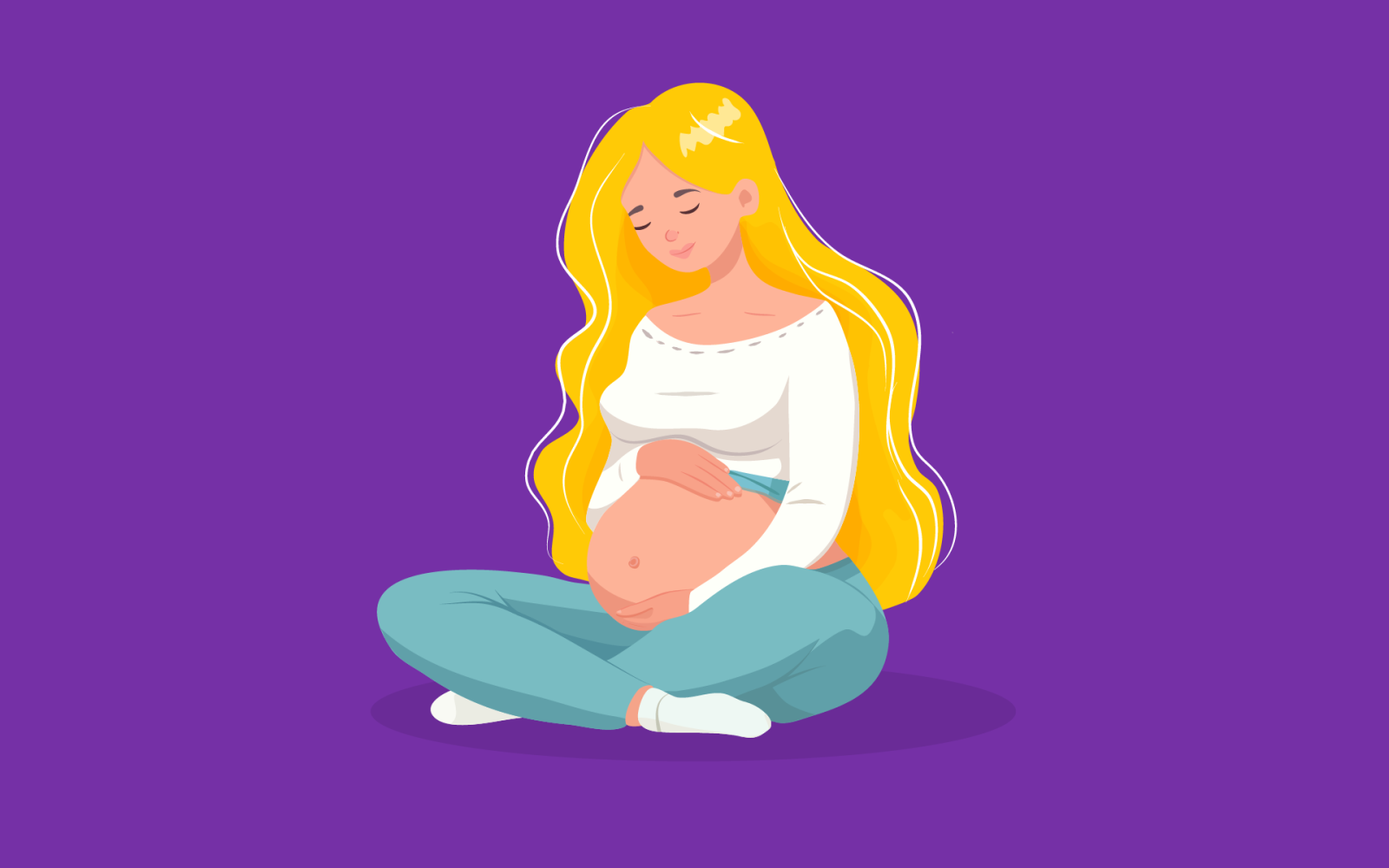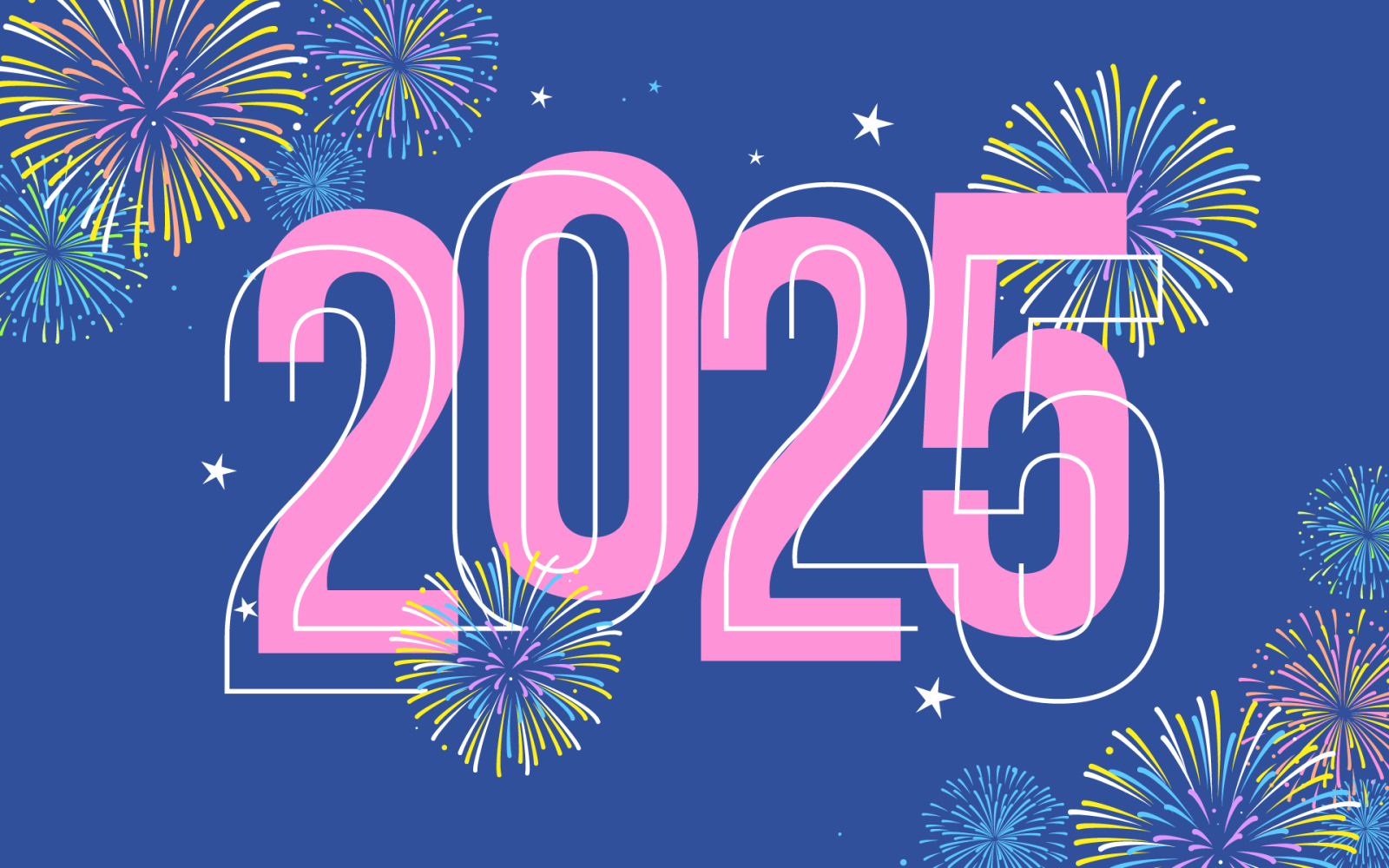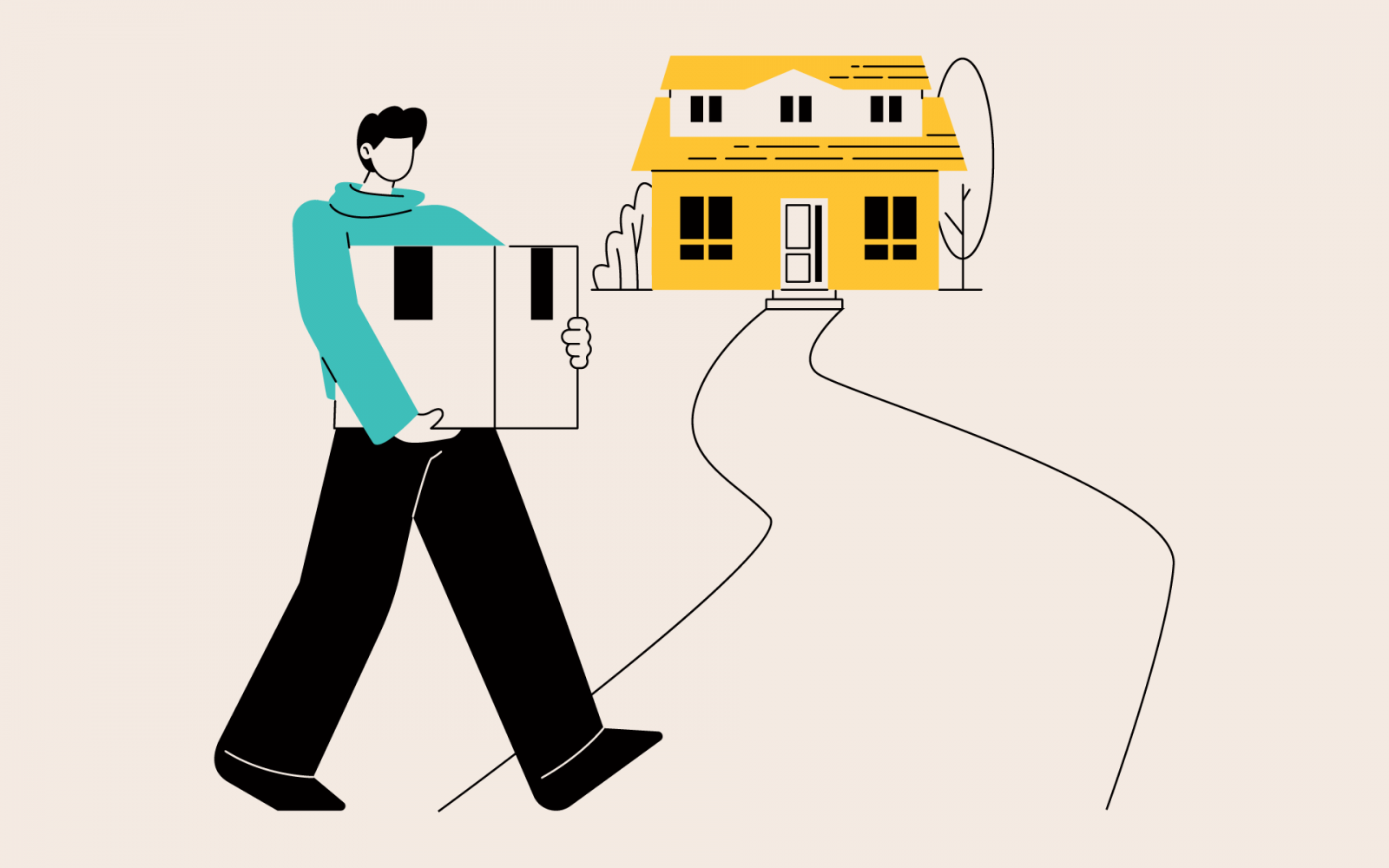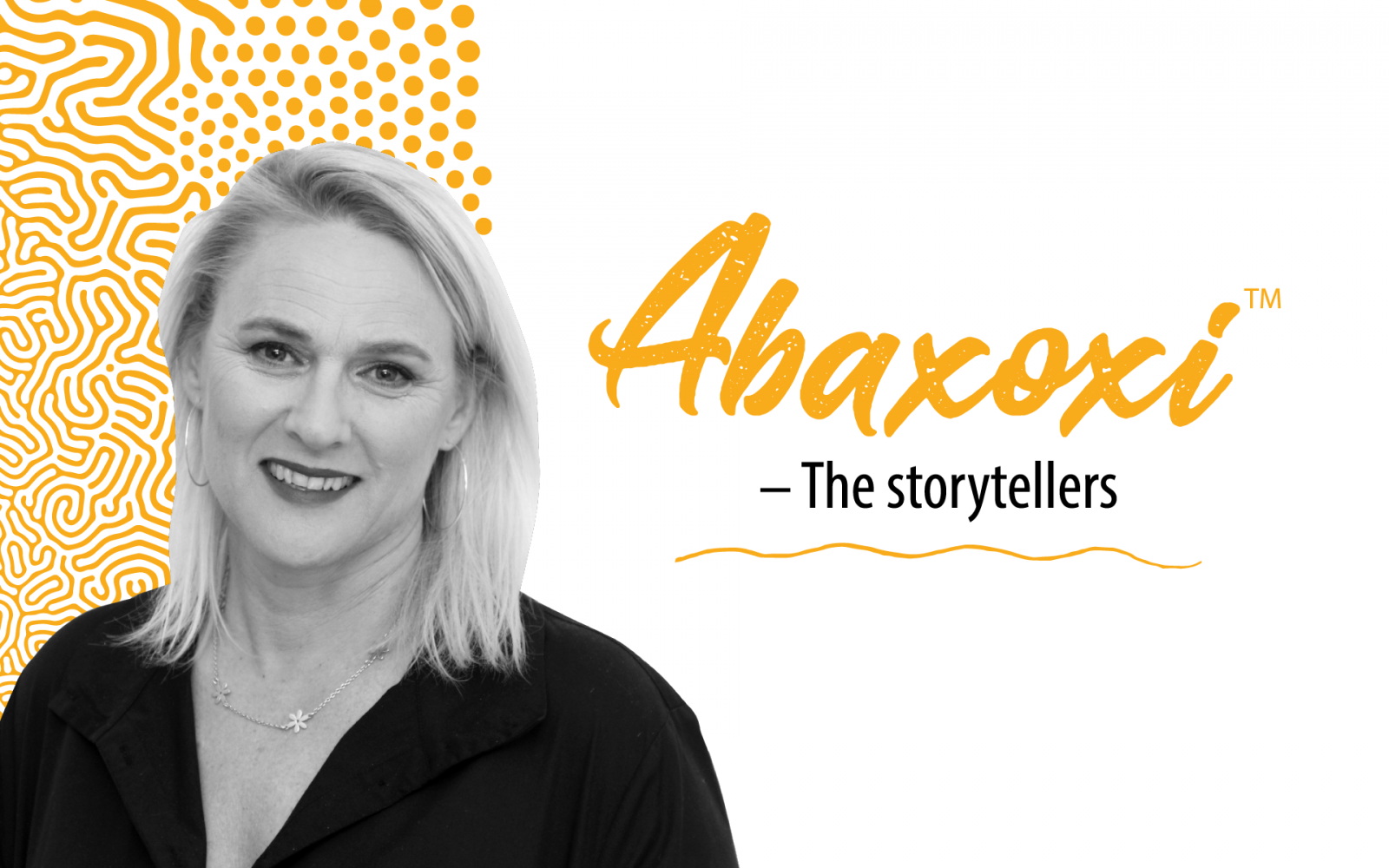How I finally silenced the sneering, stiletto-heeled woman in my head
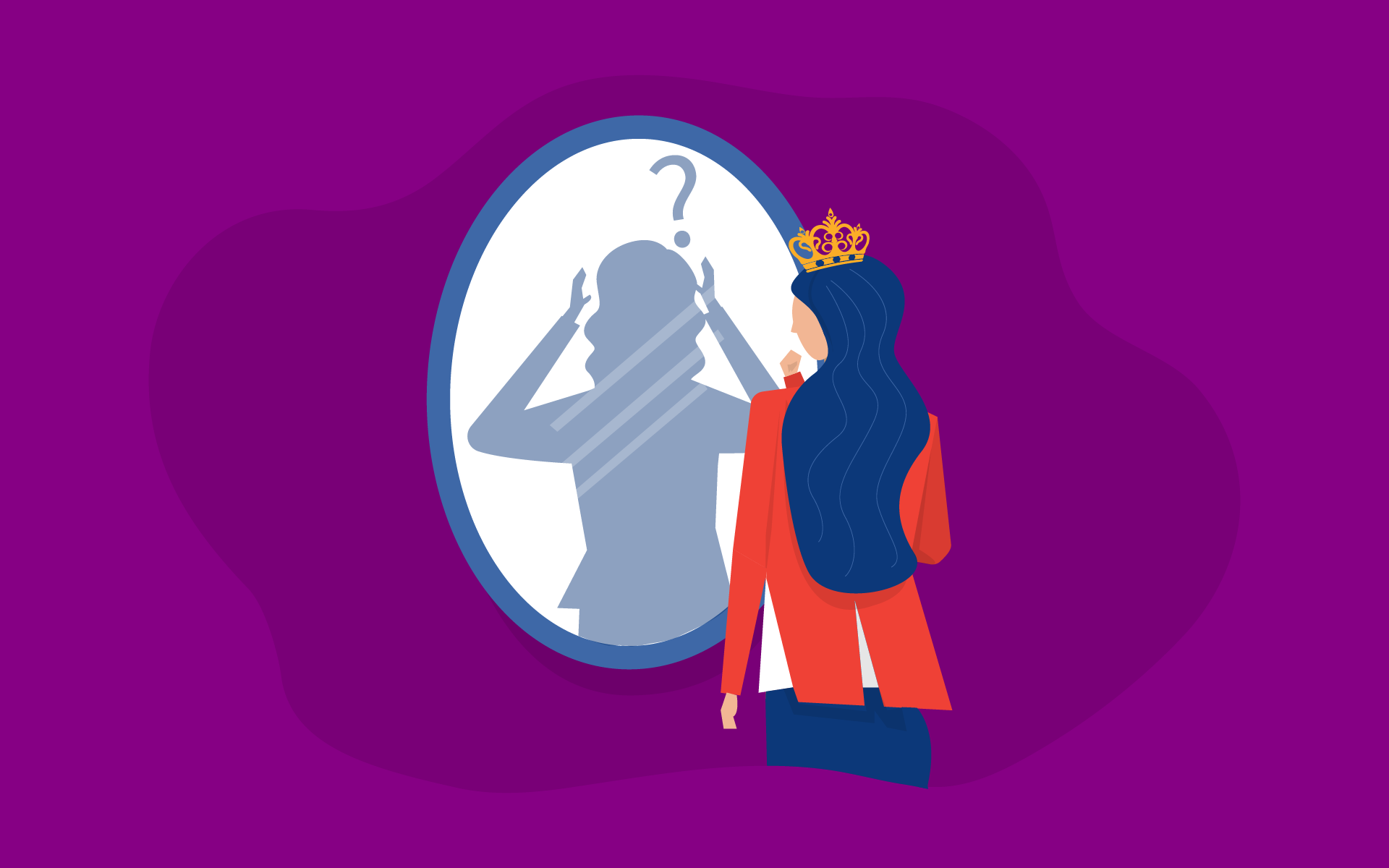
Let’s banish imposter syndrome, which keeps us from being who we are.
I was recently asked to manage a big writing project. The client sent me a Google spreadsheet with the scope and timelines. As I scrolled through it, I was gripped by dread.
There’s no way I can do this, I thought. They’re mad to ask me. Who do they think I am? Who do I think I am?
The thoughts came from an all-too-familiar voice in my head. It belongs to a high-powered woman in stiff clothes and stilettos.
She’s everything I’m not. She scoffs at everything I do, shakes her head at my attempts to run a business, and rolls her eyes at my vision.
I was a victim, once again, of imposter syndrome. In a commencement speech for Smith College, Reshma Saujani, an American lawyer and politician, explained how imposter syndrome can hold women and minorities back.
She called it a modern-day version of “bicycle face”. In the 1800s, more and more women began riding bicycles in public.
This newfound freedom and independence threatened the status quo, so the male-dominated medical industry found a way to pathologise the physical effects of cycling on women.
Doctors cited the dangers of women cyclists developing “bicycle face”: flushed cheeks, clenched jaw, and a stony expression. They argued that bicycling was physically unsuitable for women.
In the same way, imposter syndrome focuses on our supposed inadequacies rather than fixing a broken system.
I’m sure even those powerful men who rule the world from their wood-panelled boardrooms are sometimes wracked by self-doubt.
The author Neil Gaiman once attended a function peopled by accomplished creatives, scientists, and academics. He felt like an imposter.
“I started talking to an elderly gentleman. He pointed to the crowded room and said something like, ‘I just look at all these people, and I think, what the heck am I doing here? They’ve made amazing things. I just went where I was sent.'”
And I said, “Yes. But you were the first man on the moon. I think that counts for something.”
Luckily for me, one of the benefits of getting older — there must be some, because sweaty hot flushes and forgetfulness are not fun — is that I know myself and the voices in my head pretty well by now.
I took the daunting spreadsheet and turned to an expert. My husband. We sat on the couch, his body warmth calming me down. He talked me through it.
He also found the document complicated. But he didn’t lapse into self-doubt. With his help, I drew up a plan of action. I felt re-energised.
Most of us, at some stage, will doubt our abilities. But in the words of Neil Gaiman: “If Neil Armstrong felt like an imposter, maybe everyone did. Maybe there weren’t any grown-ups, only people who had worked hard, got lucky, and were slightly out of their depth, all of us doing the best job we could, which is all we can hope for.”
